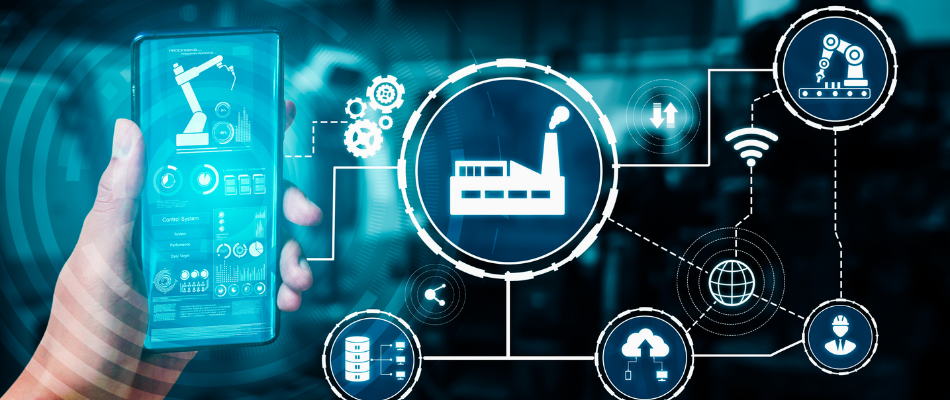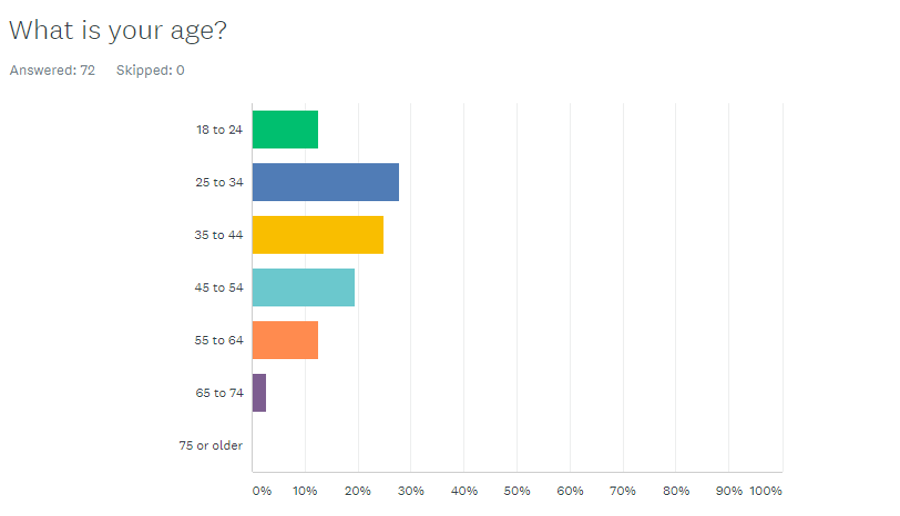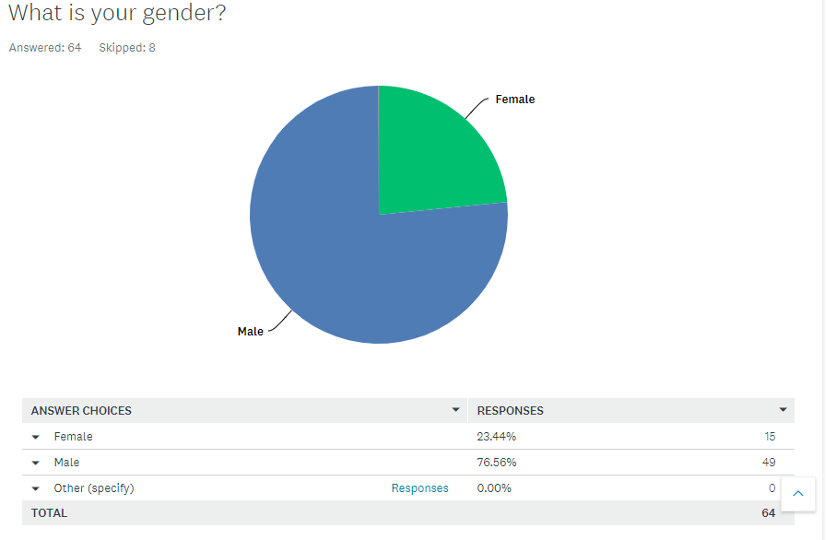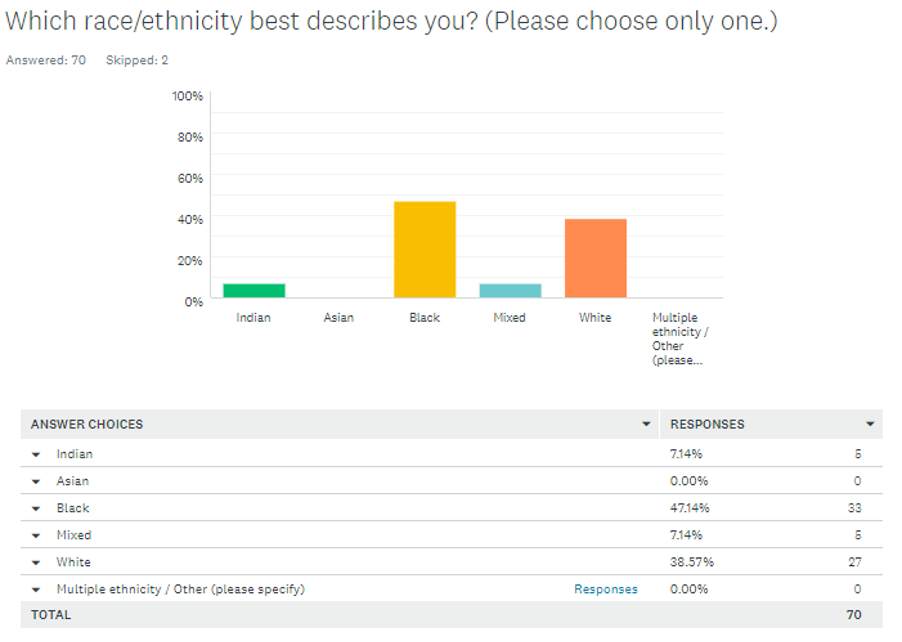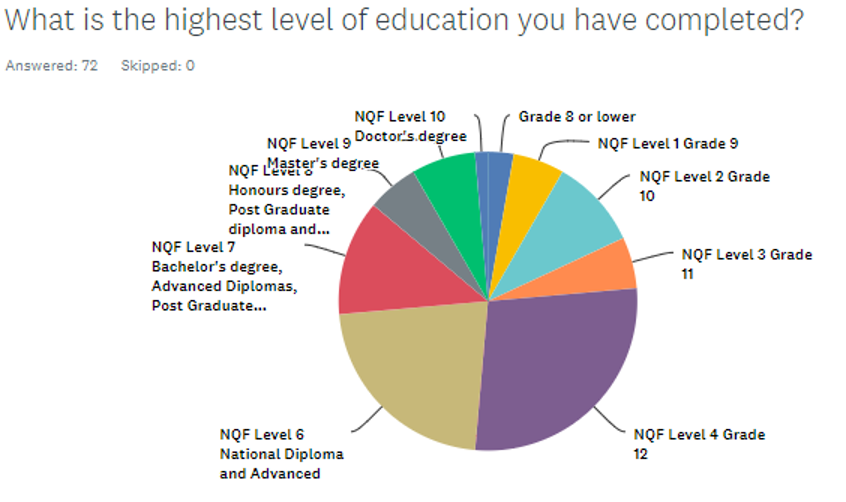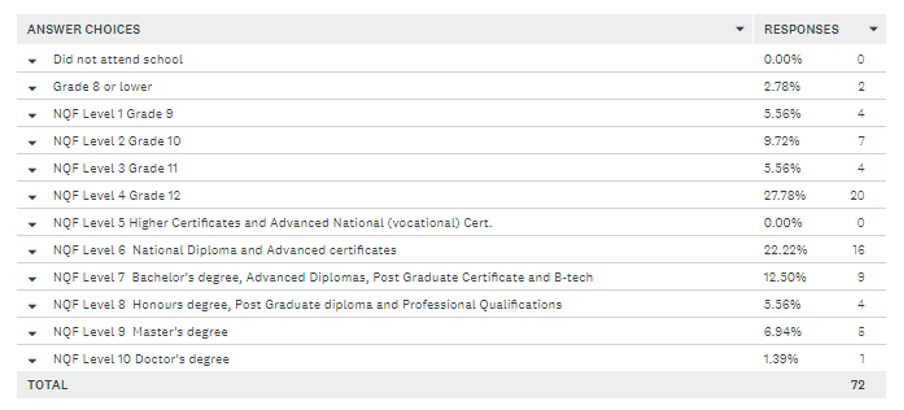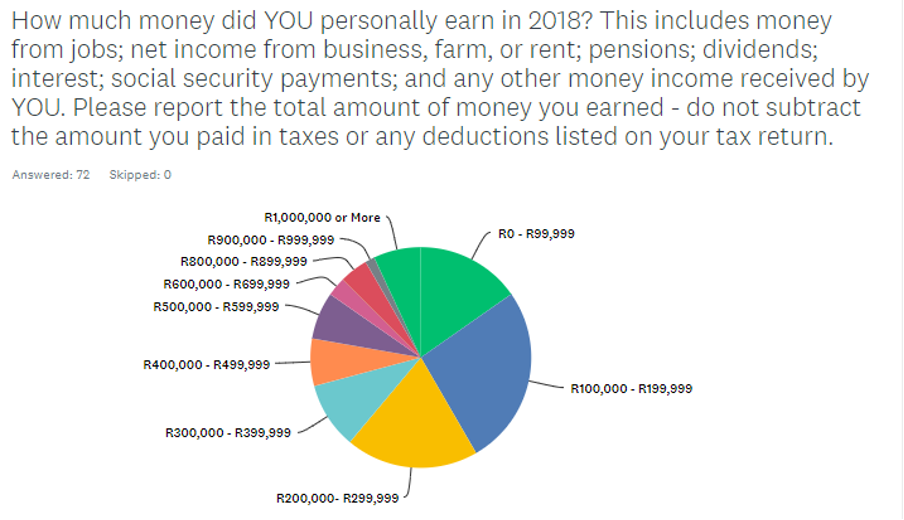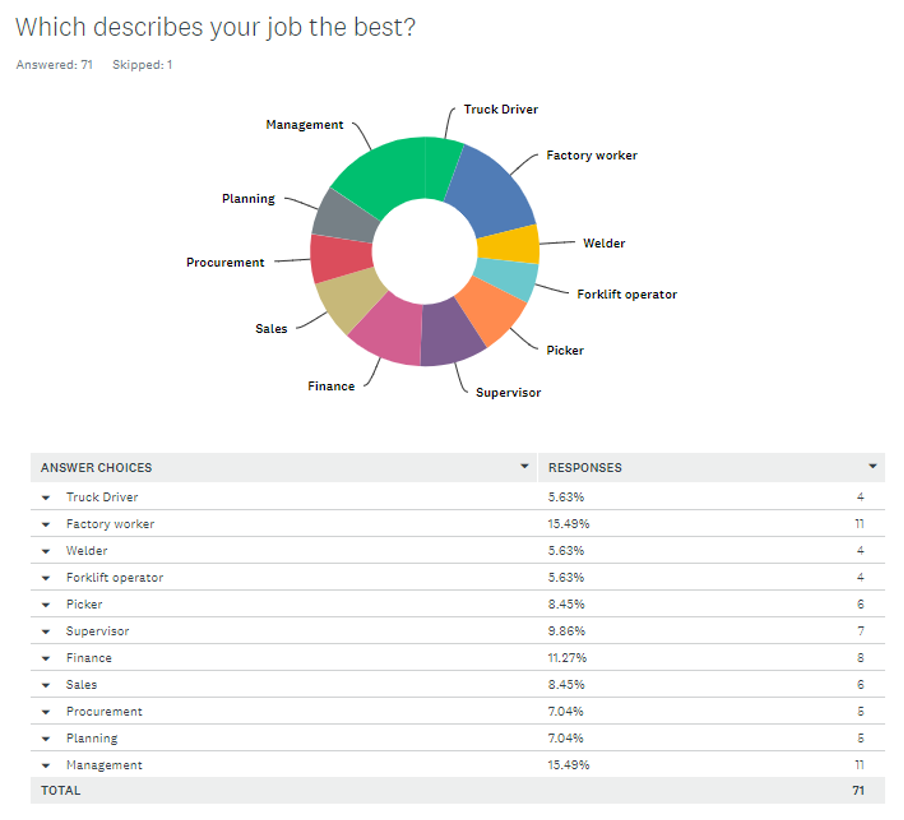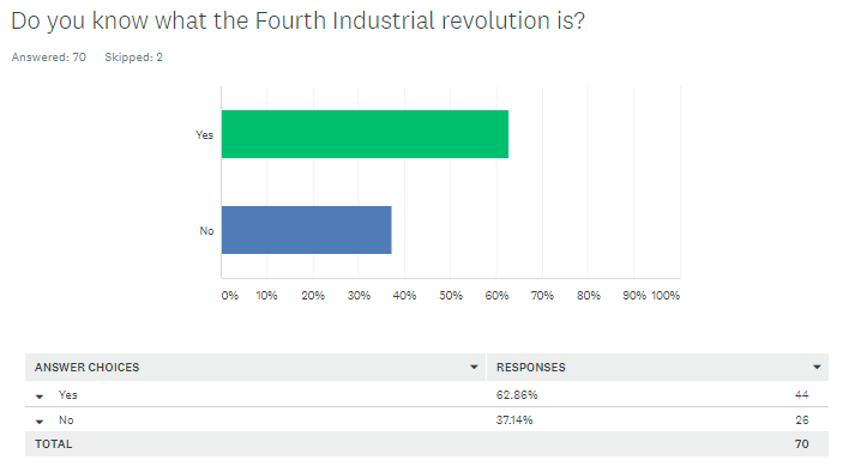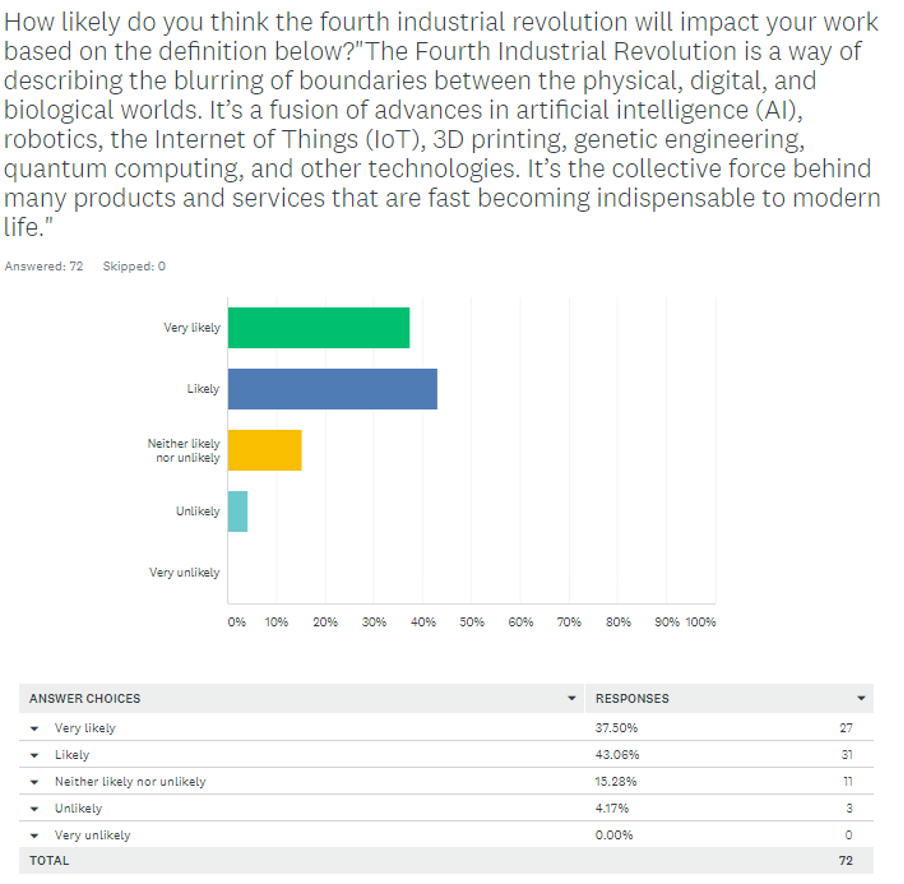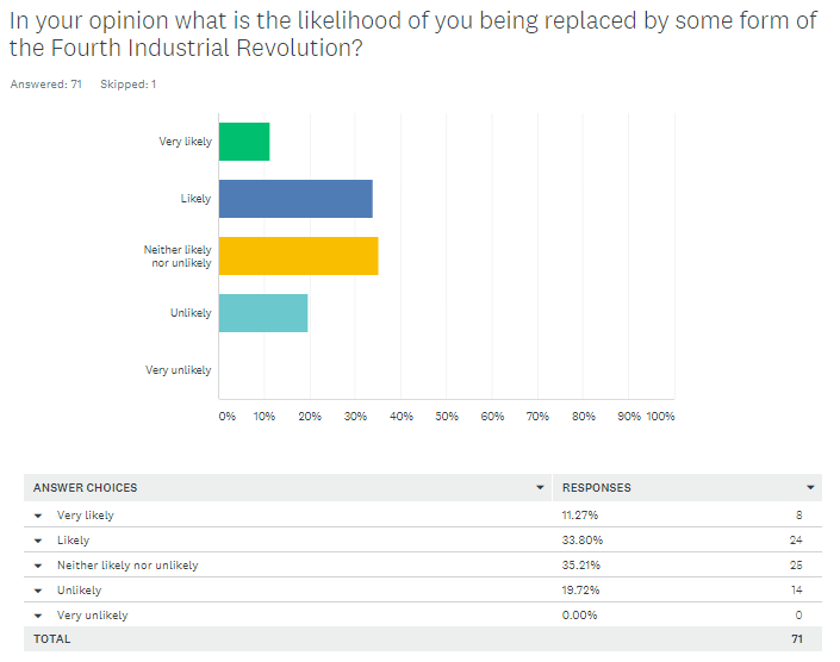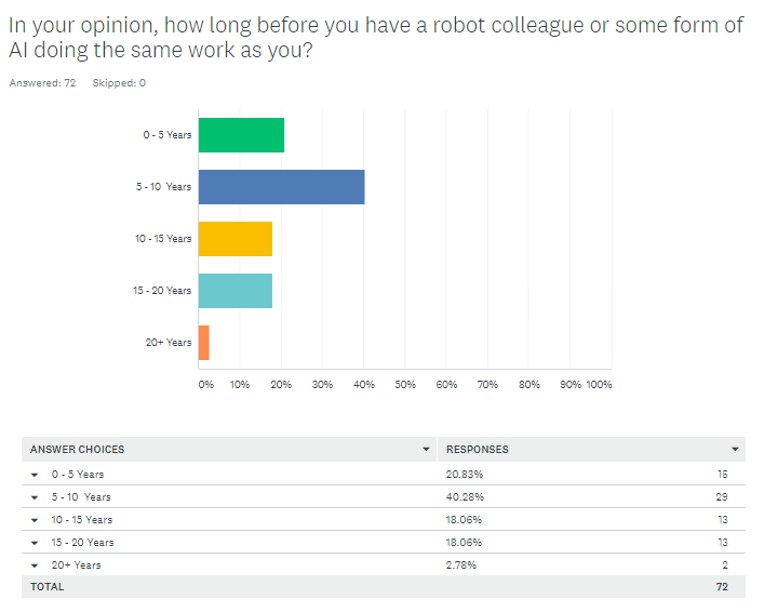The Fourth industrial revolution is perceived as a major disrupter in the world, for some it is approaching faster than for others. Your view with regards to the fourth industrial revolution depends on what level of work you find yourself in as well as the qualification level you hold.
The fourth industrial revolution is described as a new chapter in a human development and that it represents a fundamental change in the manner we work, live coincide with each other (World Economic Forum, 2019). The opportunities with regards to the fourth industrial are endless but we need to look past the technology advances it brings and focus on ways to impact all aspects of live, and to strive to achieve the sustainable development goals set out by the United Nations.
The fourth Industrial revolution involves the “cyber-physical systems” i.e. the Internet of Systems and the Internet of Things. The Internet of Things or IoT is an integrated network of smart devices that allow each device to connect and transfer data from one device to the other. The Internet of Systems takes the IoT one step further by using the data collected by the IoT to help develop the company’s goals and vision going forward (Change Recruitment Group, 2017). These huge amounts of data collected is called Big Data and this forms part of the one of many new concepts the fourth industrial has brought to our attention.
One such important factor is artificial intelligence, this includes but is not limited to autonomous machines including autonomous vehicles and robots. It includes integrated systems from automatic accounting to procurement systems to various systems for logistic purposes like automatic route planning and delivery scheduling. Automation and Artificial Intelligence will have a profound effect on employment worldwide.
According to a research report released by the McKinsey Global Institute report that about 20% of the currently employed humans will be impacted by the adoption of AI and Automation. (McKinsey&Company, 2017). A staggering 800million current jobs will be filled by robots around the world by 2030 with the biggest impact falling on already developed nations. The below extract from the McKinsey&Company’s report shows the impact the adoption of the technology will have.
But not all is perceived as negative as some believe that the figures simply portrays a shift in the workforce. With the right skills employees whom are effected most by the fourth industrial revolution can take on other roles that might seem more beneficial than their current roles. (Change Recruitment Group, 2017). According to a report released by the World Economic Forum 25% of organisations believe that automation will result in the emergence of new roles for the newly displaced employees. (World Ecomomic Forum , 2018) It also states that approximately 38% of companies think that artificial intelligence and automation will open the opportunity for employees and employers to facilitate new productive enhancing jobs.
Autonomy and the fourth industrial revolution has its pros and cons. It will cost a lot of jobs but the opportunities it creates for new jobs in current and new sectors are endless. This could not only lead to humans focussing on more challenging tasks at hand but could help the human species live a happier live (Change Recruitment Group, 2017). The reach the impact of the fourth industrial revolution will have is endless as it will at impact every industry in every country no matter how developed that country might be.
No-one is immune to the change the fourth industrial revolution will bring. The one thing workers and employers can do is to change the way they perceive the impending revolution as this will help them identify their short comings and to ensure that they are ready for the future.
4IR is not limited to blue collar
In the study conducted it can be seen from the data that 11.2% of respondent deem it very likely that they will be replaced by the 4IR technology and 33.8% of respondents find it likely that they will be replaced by some form of the fourth industrial revolution. But more surprisingly, 35.2% of respondents deem it neither likely nor unlikely pointing to a great uncertainty among people what effect the fourth industrial revolution will really have.
Most respondents think that their work being affected by AI or some form of the fourth industrial revolution is high as 80% of respondents see the 4IR will impact their work. The question whether they think this will have a good impact or a bad impact on their work has not been asked. The number of respondents that replied to the impact of being very likely or likely were mostly respondents with a NQF4 or higher education level and people knowing what the 4IR entailed beforehand. The majority of respondents indicating that their work will not be impacted by the fourth industrial revolution or deem it unlikely were respondents either from a managerial position or respondents that have a NQF2 or lower education level.
The impact the fourth industrial revolution will have on jobs are not only limited to blue collar workers for example your truck drivers or factory workers but will have an impact on repetitive white collar jobs as well. This fear of replacement has also been reflected by the data captured as most respondents from both the finance, procurement and planning departments feel that they could indeed be replaced or have an AI colleague doing the same work as them within the next 10 years. The data captured indicates that the more you are educated the greater you perceive the impact of the fourth industrial revolution will be.
This sentiment has changed over the past century as people in the beginning to mid 20th century in rich countries expected the same job for life. But today frequent job changes are the norm and the increase of nomad workers are on the rise. The fourth industrial revolution has enabled workers to become more remote and has given birth to the Gig Economy. This new breed of the economy is where self-employed people are payed to do short term freelance tasks. These workers form part of the new human cloud which is a sector within the gig economy. The tasks that these remote workers complete are jobs that would have been done by white collar workers in more developed nations but has been broken down into small tasks that are advertised online to remote workers worldwide. The estimated value of the human cloud and gig economy is expected to be $50billion. This outsourcing of tasks has been beneficial for people in less developed countries as it has enabled them to be lifted out of poverty and to have a better live. This decreases the inequality gap worldwide but increases the inequality gap in more developed nations as a lack of rights by contractors is rapacious capitalism that will increase inequality (The future of work: is your job safe?, 2019).
Some speculate that fourth industrial revolution will lead to job loses and that millions will sit without jobs in the near future. The World Economic Forum indicates that the jobs lost by 2022 due to AI and Automation will reach 75million but the new jobs created could reach more than 135million by the same time (World Ecomomic Forum , 2018).
Conclusion
This compact research paper looked in what way people from different education and employment levels and view the impact of the fourth industrial revolution on their working lives. How you perceive the impact of the fourth industrial revolution is dependent on the level of education you have received. The more you are educated the greater you deem he impact of the fourth industrial revolution on jobs in the economy. Being more aware of the possible impacts it might have on you and your work environment the more you can prepare yourself for the changes that will come. The government and employers need to put a greater emphasis on education be it informal or informal to ensure that the company and its workers grow with the fourth industrial revolution and not against it. Employees need to be empowered enough to adaptable to the changes that come be it within the next year or with in the next 10 years. Change to the workplace is inevitable and the scale of disruption the fourth industrial revolution will cause is still unknown. It is however here and the insecurities that comes with it will stay for years to come (The future of work: is your job safe?, 2019). The way in which employers, employees and governments respond to these disruptions will determine whether reality will live up to promised expectations the fourth industrial revolution holds.
Design/methodology/approach – Data was collected through an online survey platform, SurveyMonkey, and 72 participants completed the survey. Participants were all from one company in the steel goods manufacturing sector, the company employs over 500 people throughout South Africa. The participants are of different backgrounds with different roles within the company.
Findings – The author was able to conclude that the perception of the fourth industrial revolution will have an impact on all sectors within a company. This includes but is not limited to the factory floor worker up to management at the head office. The perception of what effect the fourth industrial revolution will have within the company as well to the correspondents’ jobs differs. This is most determining factors of the views these individuals have are dependent on their level of education as well as in what age group they fall in.
Originality – There has been multiple studies conducted on the effects of the 4IR. To the best of the author’s knowledge this research paper is the first to consider what people’s perception is on the 4IR and their job security by considering their level of education and linking it to their age and profession.
References
CareerJunction, 2019. Jobs of the Future – Surviving the Fourth Industrial Revolution, s.l.: CareerJunction.
Change Recruitment Group, 2017. How Will the Fourth Industrial Revolution Impact the Future of Work?. [Online]
Available at: https://www.changerecruitmentgroup.com/knowledge-centre/how-will-the-fourth-industrial-revolution-impact-the-future-of-work
[Accessed 24/04/2022].
Chauke, A., 2018. Jobs and skills in the Fourth Industrial Revolution. [Online]
Available at: https://www.sanews.gov.za/features-south-africa/jobs-and-skills-fourth-industrial-revolution
[Accessed 25/04/2022].
Davis, N., 2016. What is the fourth industrial revolution?. [Online]
Available at: https://www.weforum.org/agenda/2016/01/what-is-the-fourth-industrial-revolution/
[Accessed 23/04/2022].
Farouk, F., 2019. There’s a robot on my stoep: Job security in the age of 4IR. Daily Maverick, 22 May.
Mcginnis, D., 2018. What Is the Fourth Industrial Revolution?. [Online]
Available at: https://www.salesforce.com/blog/2018/12/what-is-the-fourth-industrial-revolution-4IR.html
[Accessed 22/04/2022].
McKinsey&Company, 2017. JOBS LOST, JOBS GAINED:WORKFORCE TRANSITIONS IN A TIME OF AUTOMATION. McKinsey Global Institute, December.p. 160.
Mzekandaba, S., 2019. SA millennials fear impact of Industry 4.0 on jobs. [Online]
Available at: https://www.itweb.co.za/content/6GxRKMY8bJQ7b3Wj
[Accessed 21/04/2022].
Nicva, 2019. The Impacts of the Fourth Industrial Revolution And the impact on Jobs and the future of the Third Sector, Belfast: Nicva.
The future of work: is your job safe?. 2019. [Film] s.l.: The Economist.
World Ecomomic Forum , 2018. The Future Of Jobs Report 2018, s.l.: World Ecomomic Forum .
World Econimc Forum, 2016. The Future of Jobs. [Online]
Available at: https://www.weforum.org/reports/the-future-of-jobs
[Accessed 7 November 2019].
World Economic Forum, 2017. Jobs and the Fourth Industrial Revolution. [Online]
Available at: https://www.weforum.org/about/jobs-and-the-fourth-industrial-revolution
[Accessed 7 November 2019].
World Economic Forum, 2019. Fourth Industrial Revolution. [Online]
Available at: https://www.weforum.org/focus/fourth-industrial-revolution
[Accessed 7 November 2019].
Job Security and the Fourth Industrial Revolution
Survey Monkey Questionare
Nikolaas Louw
Question 1
Question 2
Question 3
Question 4
Question 5
Question 6
Question 7
Question 8
Question 9
Question 10

